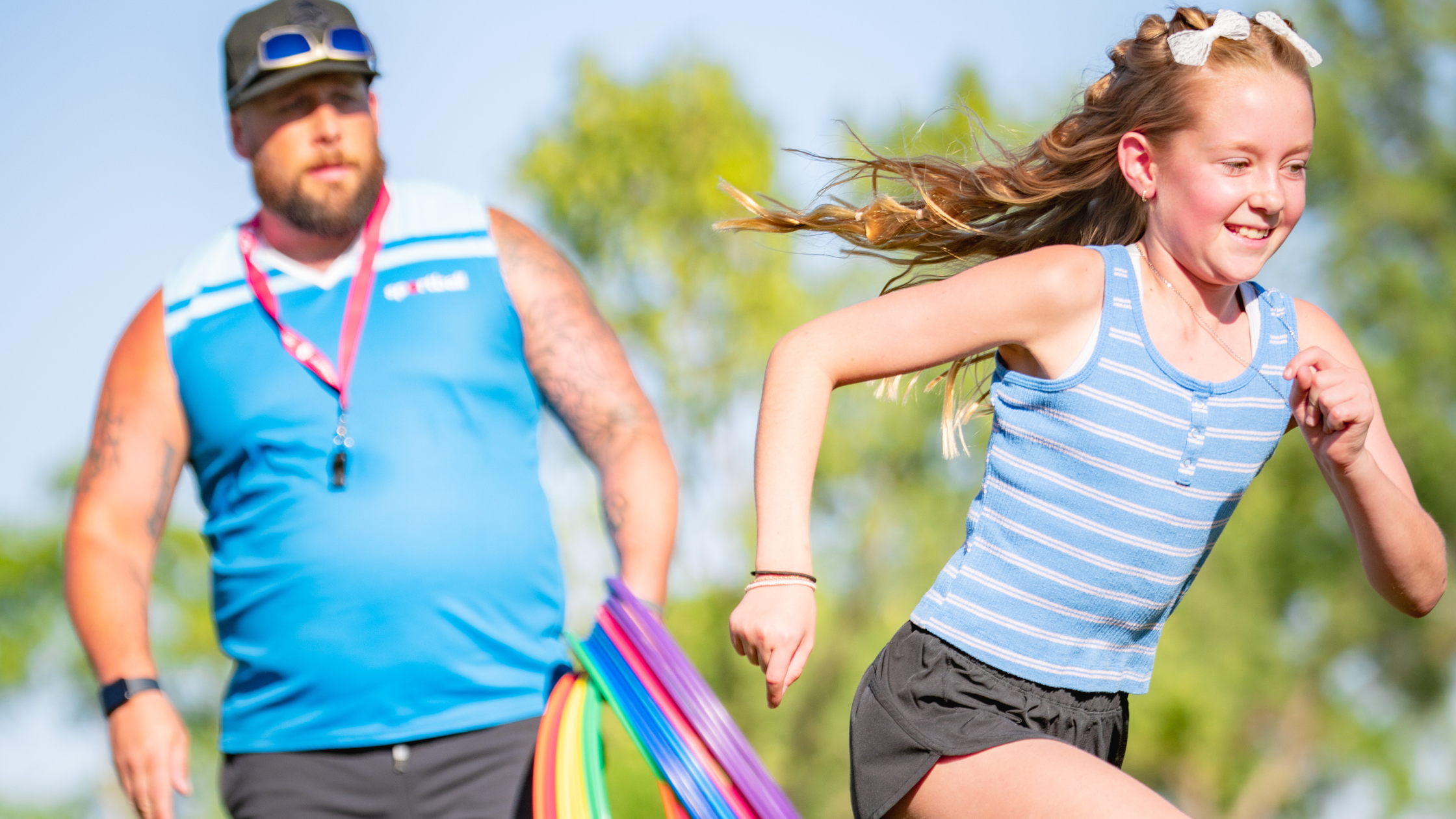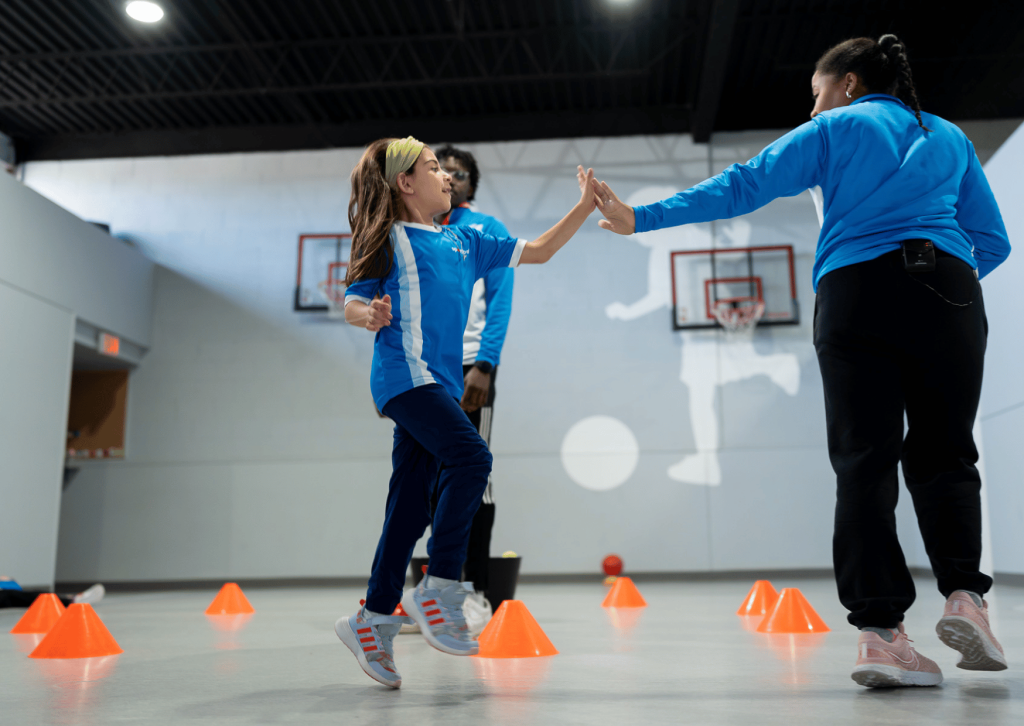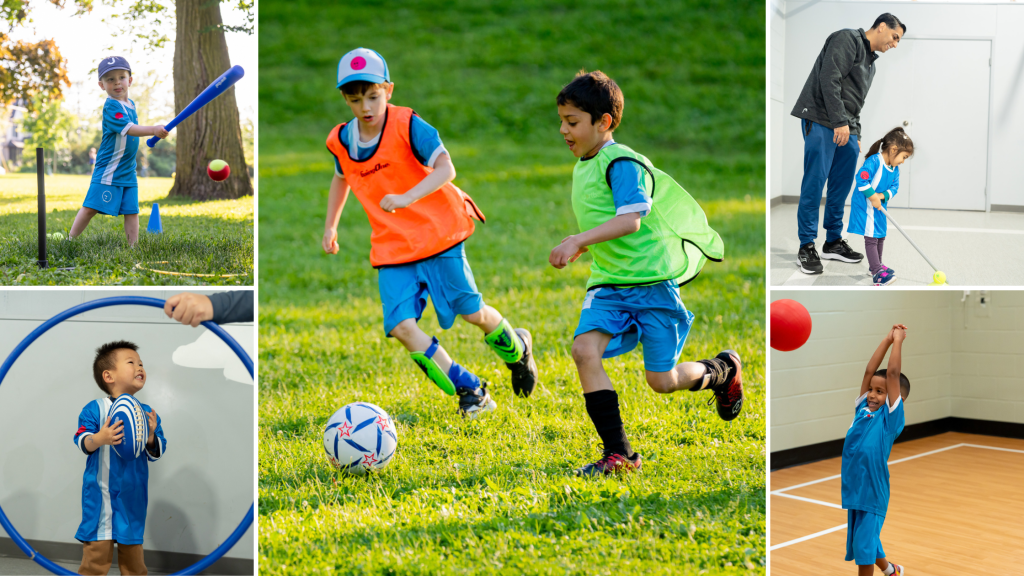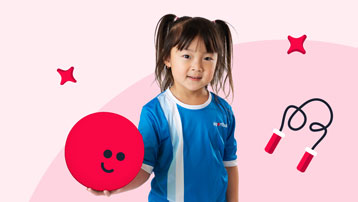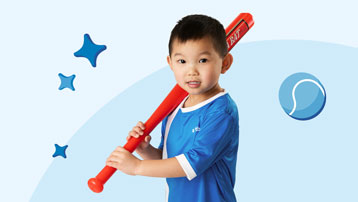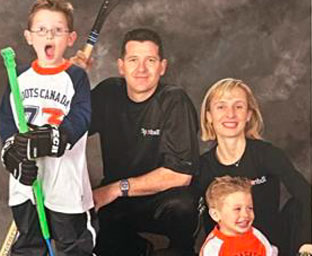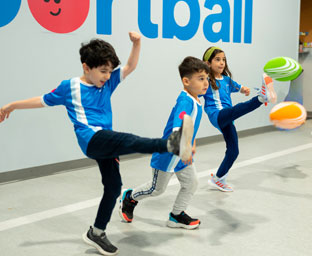Not every child dreams of standing on a podium, or even enjoys the idea of keeping score. For many kids, the best kind of sport happens when they can move freely, play with friends, and discover movement without the pressure of competition.
If your child seems hesitant about traditional team sports, you’re not alone. Many parents are looking for confidence-building ways to help their kids stay active. The good news? There are plenty of non-competitive sports that can help your child build skills, coordination, and self-esteem without needing to be competitive.
Understanding Your Child’s Needs
Signs Your Child May Prefer Non-Competitive Activities
Every child is unique. Some thrive in high-energy, team-oriented environments, while others may find competition stressful. Signs that your child might prefer non-competitive sports include:
- Avoiding team tryouts or organized games
- Getting anxious or upset when keeping score
- Preferring solo or small-group play
- Showing more enthusiasm for learning than winning
Recognizing these signs early can help you find a sport that feels fun and rewarding, rather than overwhelming.
Benefits of Non-Competitive Sports
Gentle, low-pressure sports can do wonders for your child’s development. They help:
- Build motor skills like running, jumping, throwing, and catching
- Improve confidence through small, achievable goals
- Foster a love of movement that lasts into adulthood
- Encourage social connection without comparison or judgment
These are some of the same principles that guide Sportball programs where fun, teamwork, and play-based skill development comes first.
Common Barriers to Traditional Sports
Some children struggle with coordination or simply don’t connect with competitive environments. That’s okay! The key is to focus on progress and participation rather than performance. With the right introduction, every child can learn to love physical activity.
Best Non-Competitive Sports Options
When choosing an activity, look for options that allow your child to move at their own pace, practice gradually, and celebrate small wins.
Individual-Paced Activities
These are great for building body awareness and confidence:
- Swimming: A full-body exercise that improves coordination and focus. Children can progress through levels without competing against others.
- Cycling: A classic skill-builder that promotes independence, balance, and endurance.
- Skiing: Great for families who love the outdoors, with built-in moments to explore and enjoy nature together.
Low-Pressure Group Activities
If your child likes social settings but not the pressure of team play, these are wonderful options:
- Non-competitive multi-sport: fun and engaging multi-sport lets kids try soccer, baseball, basketball, football, hockey, volleyball, golf, and tennis.
- Recreational Dance: Promotes rhythm, creativity, and self-expression.
- Non-Competitive Gymnastics: Helps develop flexibility and balance in a safe, supportive environment.
- Beginner Martial Arts: Focuses on discipline, respect, and body control without the need for sparring or tournaments.
Making Activities Enjoyable
Start with the Basics
Keep it simple. Focus on basic movement skills like running, jumping, throwing, catching, and kicking. These “fundamental movements” form the foundation for all sports and movement later in life.
Find the Right Instructor
Look for programs that emphasize fun over performance. Coaches who understand children’s developmental stages—like those at Sportball—help kids feel safe, included, and excited to learn.
Create a Supportive Environment
Celebrate effort, not outcome. A positive environment can turn hesitation into enthusiasm.
Build Confidence Through Small Wins
Confidence doesn’t come from trophies, it comes from progress. Small wins build lifelong confidence.
Beyond Traditional Sports
Not all physical activity has to happen on a field or in a gym. Try creative, everyday ways to stay active:
- Family walks or bike rides after dinner
- Backyard games like tag or hopscotch
- Dance parties in the living room
- Non-competitive sports programs like Sportball, where fundamentals are practiced through age appropriate, purposeful movement
Success Stories
Parents often notice big changes once their child finds the right fit. A once-hesitant child might start looking forward to Saturday classes or showing off new skills at home. Not sold on non-competitive sport and play? Here’s what Sportball parents have to say:
“Sportball is a great way to introduce your child to different sports and the coaches are great with all the age levels and getting the children involved and participating in the games and teaching them routines. I really recommend them. My daughter loved going every morning on Saturdays.” – Sabrina R., Sportball parent
“We LOVED Sportball! Coach Molly, Coach Vance and Coach Avery were so nice, fun and supportive and made each class so much fun! My two year old daughter adores coming each week and I think it’s inspired a love of sports in her!” – Rebecca S., Sportball parent
“Would definitely recommend sportball as a way to grow your child’s self-esteem, interest in sports, while infusing some fun into the process.” – Anastasia L., Sportball parent
